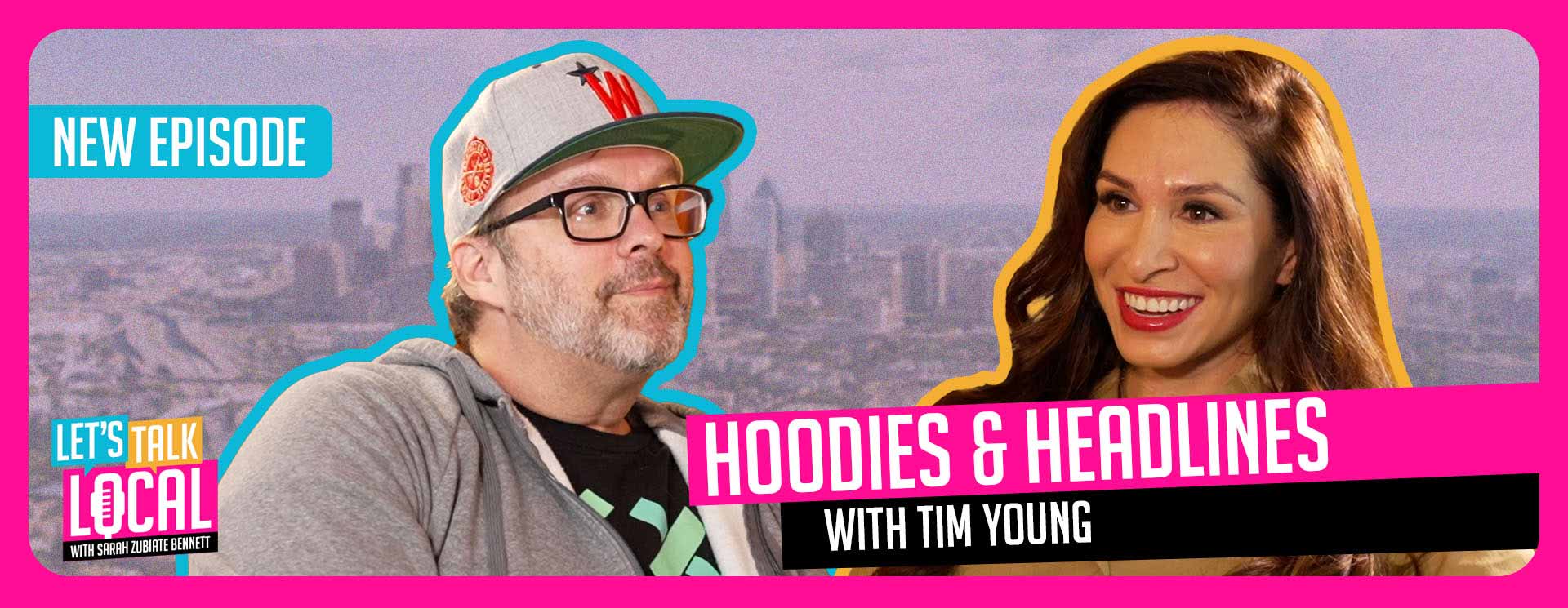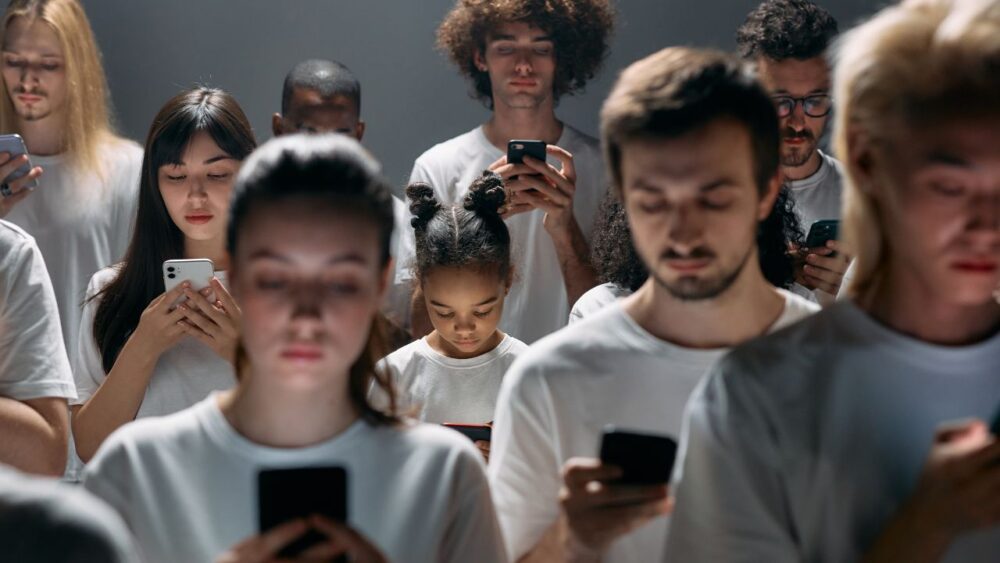A pioneering study from Michigan State University reveals that individuals with “problematic” social media use are more likely to believe and engage in fake news.
Published in PLOS One, the research, funded by MSU’s Trifecta Initiative, is the first to explore how excessive social media habits correlate with trust in false information.
“Social media are everywhere in our daily lives, and some people display problematic, excessive use of these platforms. We found that this overuse is associated with a greater tendency to believe in and engage with misinformation,” said Dar Meshi, an associate professor in MSU’s College of Communication Arts and Sciences and co-author of the study.
Meshi and co-author Maria D. Molina conducted an online experiment with 189 participants aged 18 to 26. They presented them with 20 news stories formatted as social media posts—10 real from outlets like The New York Times and 10 false from Snopes. The researchers intentionally avoided news and stories with a political or negative slant.
Participants judged the posts’ credibility and their likelihood of clicking, liking, or sharing them. A survey assessed their problematic social media use, which, while not a clinical disorder, shares traits with addiction, such as withdrawal or relapse.
“People who display problematic social media use may feel bad if they can’t access it, and they might even return to it after trying to quit,” Meshi said, per MSU Today.
The findings showed that higher problematic social media use correlated with believing fake news, interacting with posts regardless of authenticity, and wanting to click on false stories.
Meshi suggested impulsivity might drive this, noting, “Most of the time, what we’re going after when we’re engaging on social media are social rewards. And it could be that some people are just after social rewards, and so they’re not really evaluating the veracity of the content as much as trying to get like, uh, more likes.”
“False news has become a hotly debated and researched topic because of its availability to be shared and spread over social media,” Molina said.
The study could guide mental health professionals and inform efforts by social media companies to curb misinformation.
“By identifying people who are more likely to believe fake news, we can help reduce its spread,” Meshi said, advising users to “slow down and really evaluate the source” before posting or liking.


